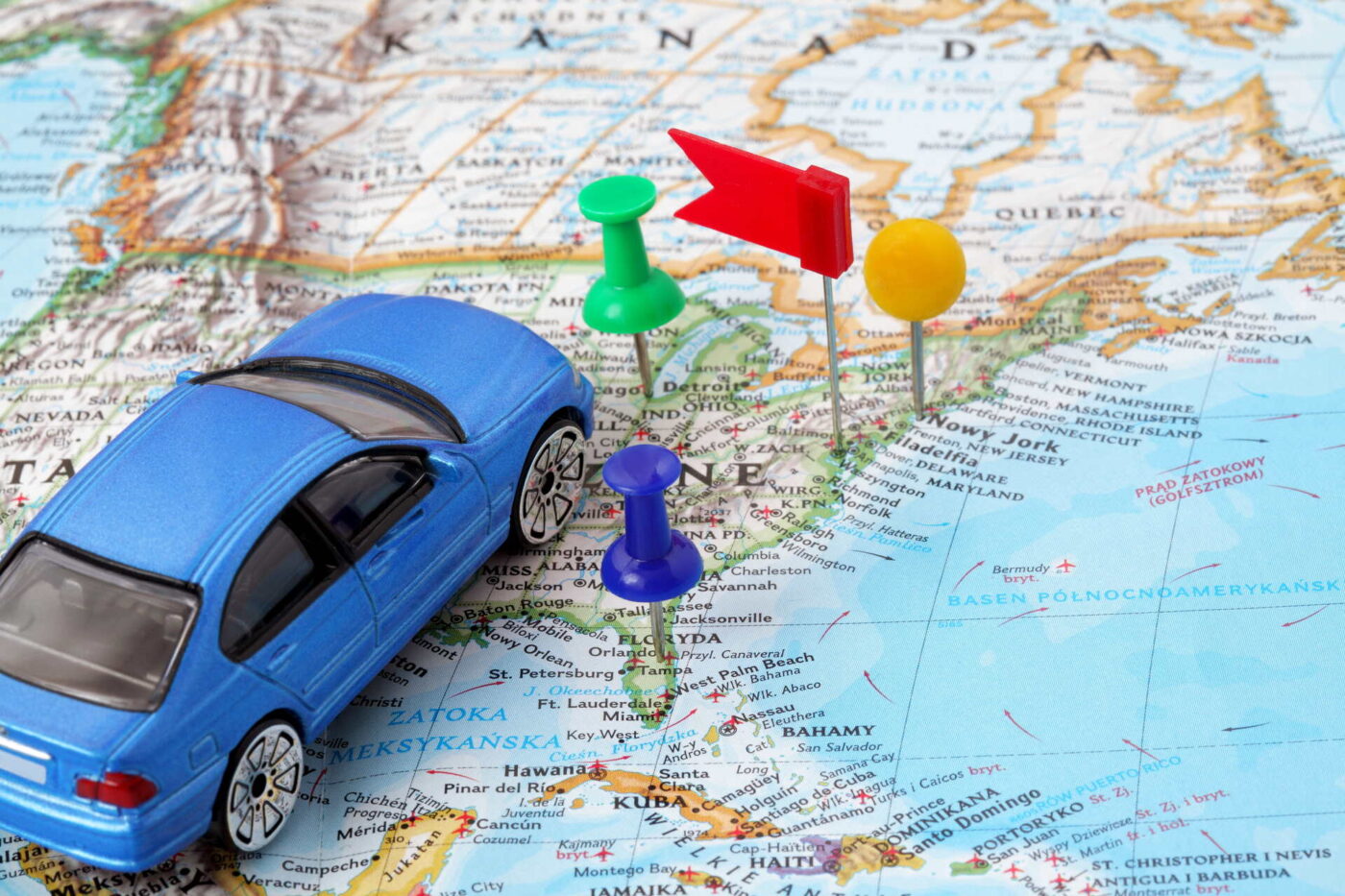Begin by choosing your destination, determining your budget, and selecting the travel dates. Try to allow plenty of time for your trip to avoid the stress of rushing or sticking to tight schedules. You also need to research your route, looking at potential places of interest to stop along the way, as well as essential services like gas stations and rest areas. Don’t forget to get your vehicle inspected and serviced before you leave to ensure it’s in top shape for the journey.
- Services
-
Cities We Cover
- Albuquerque
- Atlanta
- Austin
- Baltimore
- Boston
- Brooklyn
- Charlotte
- Chicago
- Cleveland
- Columbus
- Dallas
- Denver
- Detroit
- Eugene
- Hoboken
- Houston
- Idaho
- Indianapolis
- Las Vegas
- Los Angeles
- Miami
- Milwaukee
- Minneapolis
- New Jersey
- New York
- Palm Springs
- Palo Alto
- Philadelphia
- Phoenix
- Pittsburgh
- Portland
- Queens
- Reno
- Sacramento
- Saint Louis
- Salt Lake City
- San Antonio
- San Diego
- San Francisco
- San Jose
- Santa Ana
- Santa Barbara
- Santa Monica
- Santa Cruz
- Seattle
- Syracuse
- Washington DC
- Blog
- Tracking
- About Us
- Contact Us













